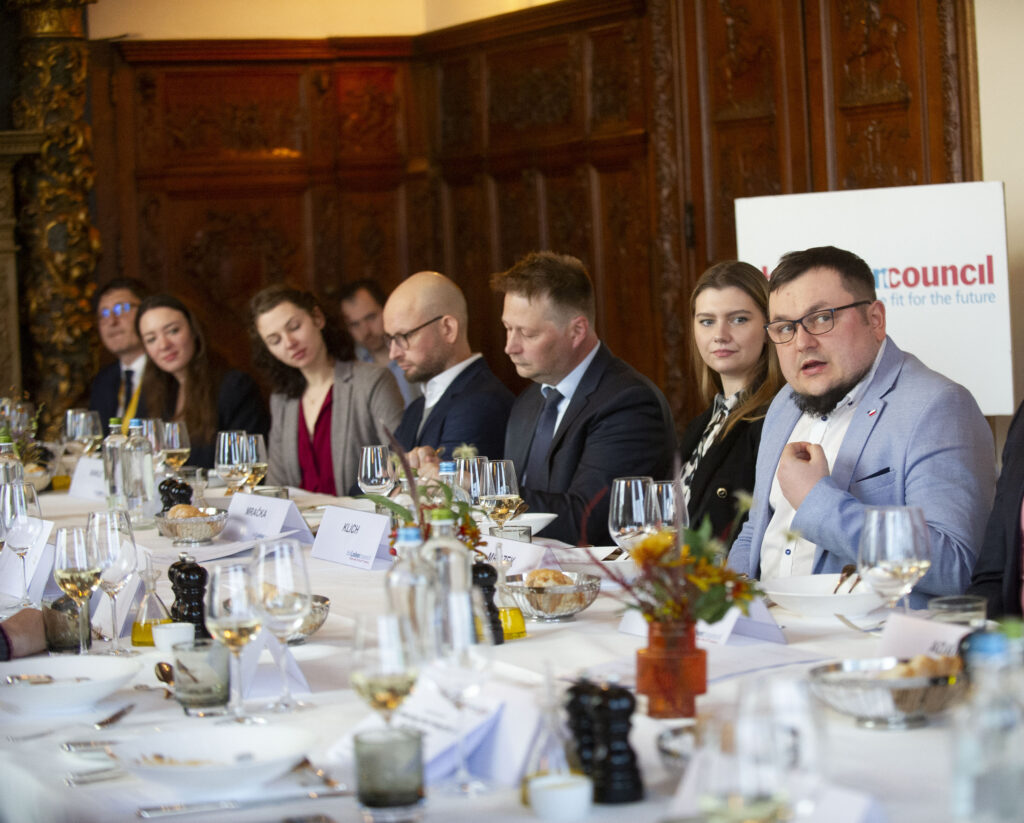November 2023
Strengthening Democracy

In 2024, over half of the world’s population headed to the polls to cast their vote and pick their new representatives, including within the European Parliament. It is important that the electoral process is protected against internal and external threats such as disinformation, foreign interference and cyber-attacks.
In the context of the European democracy action plan, the European Union deployed a wide range of tools to address this challenge. Among them was the digital services act which came into force on 25 August 2023 requiring stronger fact-checking capabilities, shorter response time and clearer escalation processes.
At the High-Level Roundtable on Protecting the Integrity of EU Elections: Lessons Learned from the Polish and Slovak Elections convened by the Lisbon Council and Meta, leading experts working on elections integrity in Poland and Slovakia, the first countries holding elections since the digital services act came into force, discussed their experiences and derived learnings for 2024.
Among key participants were Mateusz Mrozek, director of cyberspace at NASK, the Polish national research institute; Kinga Klich, fact-checking coordinator at Demagog, the Polish fact-checking organisation; Marek Mračka, founder of MEMO98, a Slovak non-governmental organization; Marie-Hélène Boulanger, head of unit, democracy, union citizenship and free movement, directorate-general justice and consumers at the European Commission; and Marisa Jiménez Martín, director of public policy and deputy head of European Union affairs at Meta.